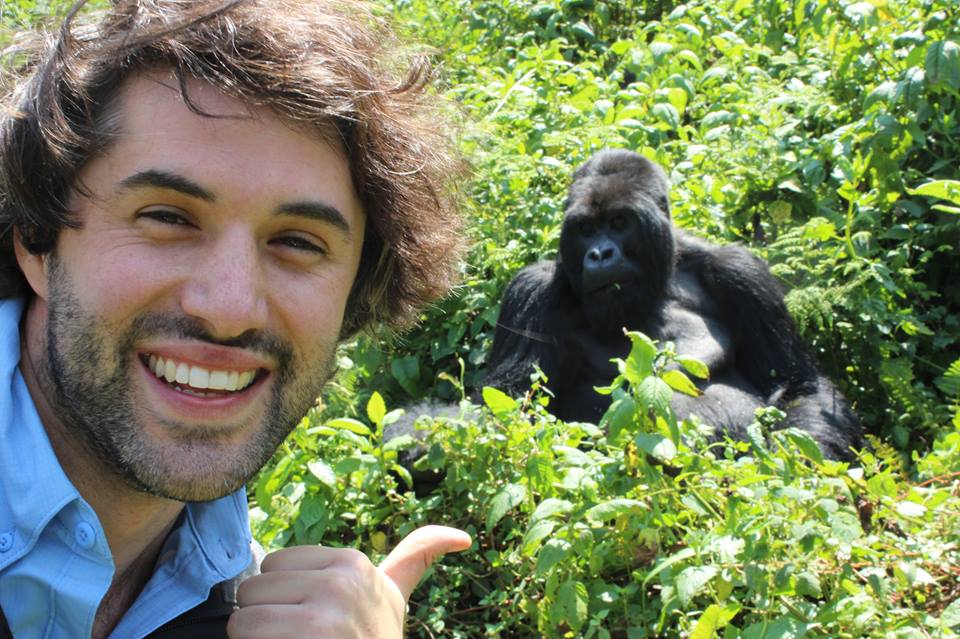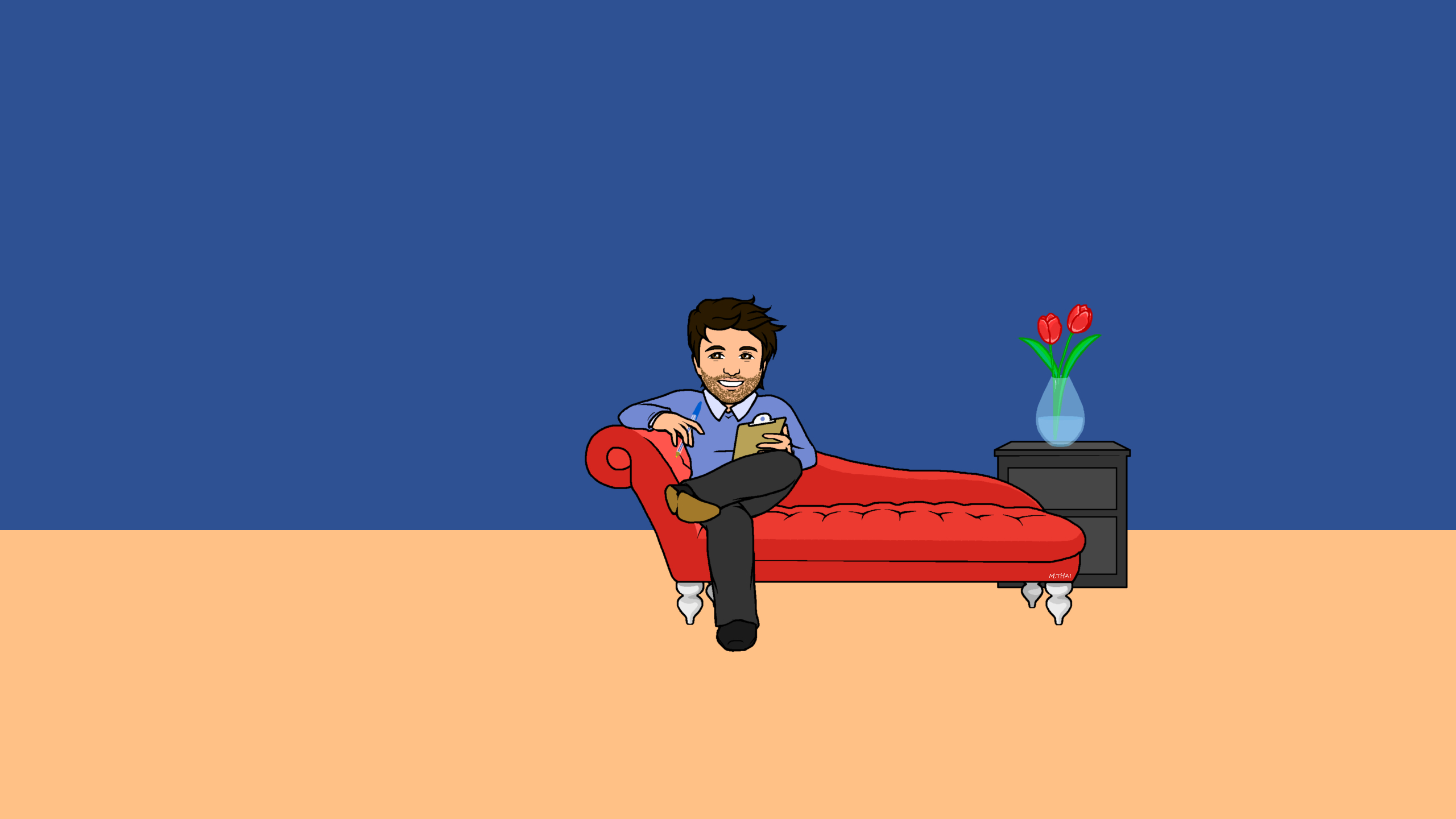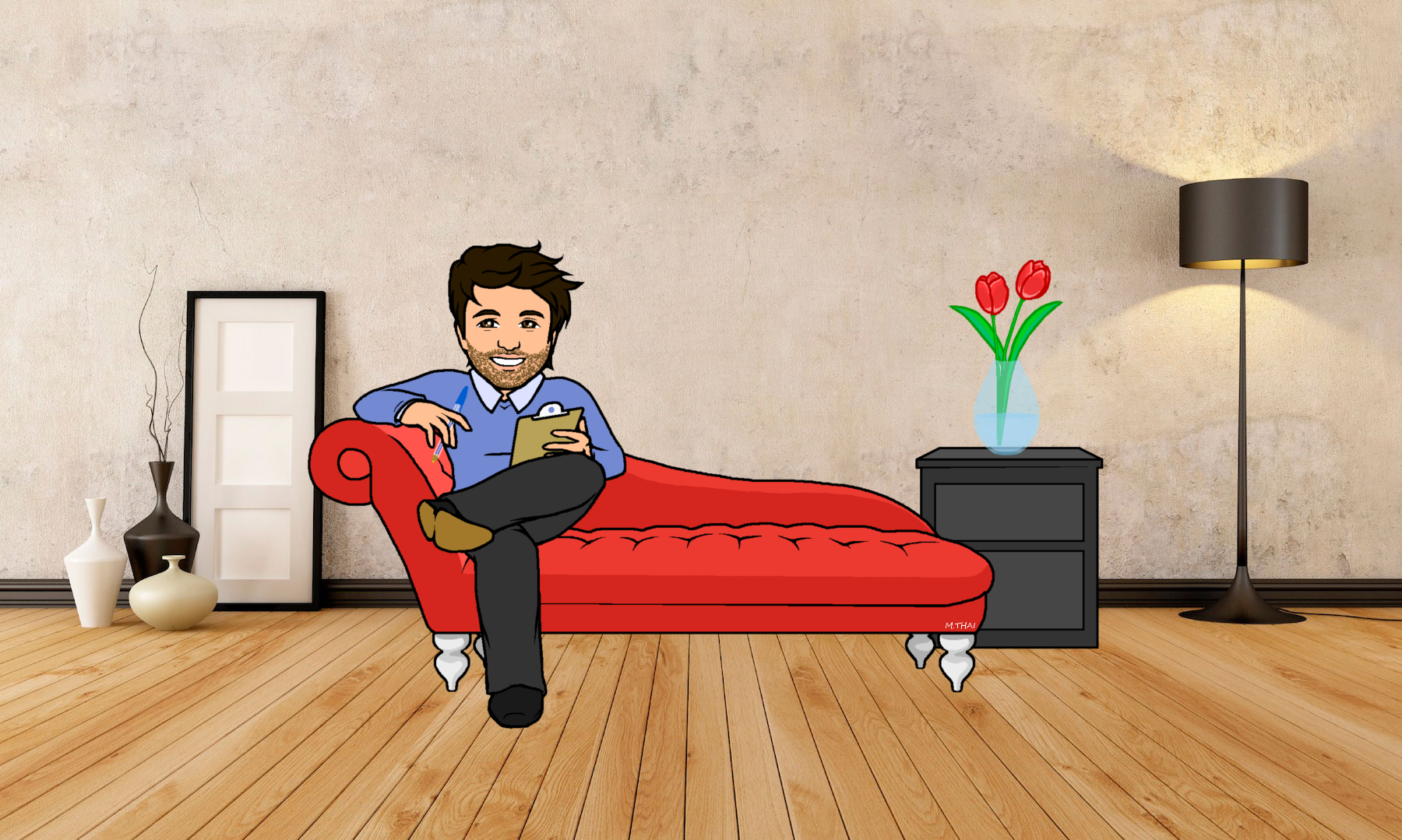We often hear the old adage, “it takes a village to raise a child”, yet with increasing independence, geographical movement, and isolation how true is this? Interesting data out of the US shows that we are indeed more isolated than ever before, with up to 40 percent or more of all households containing a single occupant in cities such as San Francisco, Denver and Seattle.
What is surprising about this is that as humans we know we are “co-operative breeders”, meaning that we have evolved as a species to work in groups, where a broad range of individuals helps support the mother and father in raising offspring. And you can see this not only in humans, but clearly in other mammalian species, particularly with our closest relatives the chimpanzees and apes where we share up to 97-99 per cent of our DNA.
Gorillas are actually my all-time favourite animal. I fell absolutely in love with them when I watched David Attenborough’s documentary Life on Earth where he comes face-to-face with the mighty silverback and his family. The episode left a lasting impression on me. And in 2013 I was able to go on a trip of lifetime and realise my dream of going gorilla trekking in Rwanda with my wife.
Visiting the gorillas involved a mighty trek through the Virunga Mountains, one of the last remaining places on earth you can see these incredible animals. When I came face to face with the silverback and his family the thing that immediately struck me is how similar we are. Our toenails, thumbs, and most amazingly our eyes – there is no doubt we share a common ancestor. The very next thing I noticed is how the gorilla family or “troop” is so similar to ours. They need a family in order to both survive and thrive. There was dad – the silverback, a number of females (the mothers), and of course the very cute baby gorillas. But where was grandma?
Why Grandma is important
Indeed, this is a defining aspect of the human species: As adults we live much longer after our ability to reproduce finishes, whereas when other species reach the end of reproduction they very shortly pass on. This means, as humans, we have a very long post-reproductive period – indeed we can live for up to 40-50 years longer. And this is where grandma becomes very important.
The grandmother hypothesis suggests that grandma involvement in family life helps increase her daughter’s fertility and chance of the grandchildren surviving. Indeed, data shows that if the grandmother is present in the family, in some cases it doubles the chances of more children being born. Why? Well, all of a sudden mum has somebody at home to help provide childcare to her other children, whilst she looks after her newborn.
In Australia, more than one million children receive regular child care from their grandparents. That’s one in every four children. On average grandparents provide 12 hours of care per week to their grandkids aged between 0-12 years.
Grandparent involvement in childcare is a very altruistic and compassionate act. Indeed, grandparents often give up some of their working hours, social events, and hobbies to help look after their grandchildren. Grandparent involvement also helps mothers re-enter the workforce, increase family income, and help stimulate economic growth. However, providing regular child care can come at cost.
When grandparents provide regular child care it is not uncommon for tension, conflict, and disagreement to occur between grandparents and parents, which can negatively impact child development.
For example, researchers have consistently found that parents dislike unsolicited parenting advice from grandparents, and that it contributes to poorer grandparent-parent relationship quality.
Despite grandparents being aware of this, they find it difficult to refrain from providing parenting advice, and can struggle with accepting parenting decisions. This of course can lead to family conflict, which in turn, can adversely impact the psychological adjustment, and parenting practices, of both grandparents and parents. Family conflict and tension can also negatively impact children’s social, emotional and behavioural development.
Of course this is not true for all grandparents and parents, as many get along just great, but when tension and family conflict exist between grandparents and parents it can become very difficult for all parties involved.
So how can we help grandparents and parents in this critical and important role of co-parenting?
Evidence-based parenting programs are one of the best ways to help, with meta-analyses showing that parenting programs positively influence child, parent and family outcomes. However, until recently there was no specific evidence-based parenting program yet modified for grandparents.
The Triple P-Positive Parenting Program, in a world’s first, designed and developed a program specifically for grandparents providing regular child care called Grandparent Triple P. And to point out any potential conflict of interest, I must advise that I am a co-author of the program along with Triple P founder, Professor Matt Sanders.
Grandparent Triple P
Grandparent Triple P is a nine-week group program and has three aims: 1) provide a refresher course on parenting strategies, 2) provide communication strategies to enhance the parent-grandparent relationship, and 3) provide coping skills for grandparents to manage the stress of providing regular child care.
The program has been evaluated in two randomised controlled trials, one in Australia with 54 grandparents, and one in Hong Kong with 56 grandparents.
Based on both evaluations the program was found to help improve grandparent confidence, reduce stress, and most importantly, improve childhood behavioural outcomes. Importantly, the Australian trial also found it helped improve parent-grandparent relationship satisfaction.
Researchers are now looking at making a shorter version of the program.
So as humans we are lucky to have grandparents. Unfortunately the beautiful gorilla troop didn’t have a grandma around to help with the upbringing of their offspring. We have been giving evolutionary advantage, which we often do not recognise and acknowledge.
Note. For original source with links please go to the Triple P Blog




